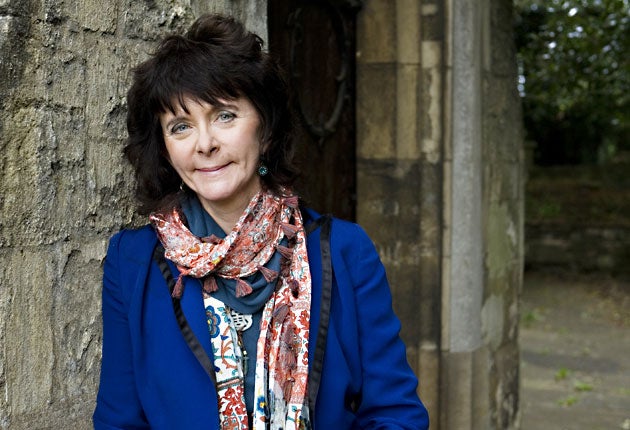How dirty tricks dossier forced Oxford's female poetry professor to quit

Ruth Padel resigned from her position as the chair of poetry at Oxford University last night following growing accusations that she had become involved in a smear campaign against one of her opponents for the prestigious position.
Padel was elected the first female Oxford professor of poetry earlier this month after her rival, Derek Walcott, withdrew from the race after a dossier detailing sexual harassment claims that were made against him in the early 1990s was sent anonymously to more than 200 Oxford academics.
Walcott, 78, who was born in St Lucia, accused his critics of engaging in "character assassination", whilst his supporters alleged that a dirty tricks campaign had been waged to make sure he was not elected to the post.
Initially Padel distanced herself from the smear campaign and claimed she had "nothing to do with any behind-doors operations". But it later emerged that she had alerted at least two journalists to the accusations against Walcott before the elections took place.
A number of academics, including some of her supporters, subsequently called on her to resign saying the election process for the post – which remains the most important academic poetry position in the country – had been brought into disrepute.
It is thought to be the first time anyone has resigned from the position since it was first introduced more than 300 years ago. In a statement released last night, Padel said she would no longer take up the post, in order to protect Oxford University's reputation.
"I wish to do what is best for the university and I understand that opinion there is divided," she said. "I therefore resign from the chair of poetry. I hope wounds will now heal and I wish the next professor all the best."
Padel is due to make a longer statement on her reasons for quitting today at the Hay Festival. But last night she maintained that she did not mean for Walcott to withdraw from the running and denied being involved in the anonymous smear campaign. "I genuinely believe I did nothing intentional that led to Derek Walcott's withdrawal from the election," she said. "I wish he had not pulled out. I did not engage in a smear campaign against him, but, as a result of student concern, I naively – and with hindsight unwisely – passed on to two journalists, whom I believed to be covering the whole election responsibly, information that was already in the public domain."
When the frontrunners for the position were announced earlier this year, there was excitement amongst Oxford's literary elite that the chair of poetry would go to either a woman or non-white poet for the first time. The frontrunners were thought to be Padel, Walcott and Arvind Krishna Mehrotra – a respected Indian poet. It appeared almost certain that whoever won would be a radical departure from their overwhelmingly white, male predecessors.
Priyamvada Gopal, professor of post-colonial studies at Cambridge, said: "What disappoints me is that there was a genuine point to be made about opening these sorts of traditional posts up to a wider demographic but now that debate has been mired. It has also trivialised the issue of sexual harassment at academic institutions."
Those who had called on Padel to resign welcomed her decision last night. "It was the right thing to do," said A C Grayling, professor of philosophy at Birkbeck College. "Right from the beginning it was clear that there was a concerted effort to make sure that the election contest concentrated on the character of Derek Walcott rather than his ability as a poet. It was nothing short of a smear campaign."
Padel's resignation now throws the appointment of a new chair of poetry into uncharted territory. A spokesman for Oxford University said: "We respect the decision that Ruth Padel has taken. This has been a difficult chapter for all concerned and a period of reflection may now be in order."
Insiders say there will not be a rush to pick a new candidate, despite the fact that the current chair, Christopher Ricks, is meant to be leaving in October. "There will be a period of waiting for the dust to settle," one source said. Oxford will now have to restart the election process but no timetable has been laid out.
Join our commenting forum
Join thought-provoking conversations, follow other Independent readers and see their replies
Comments
Bookmark popover
Removed from bookmarks